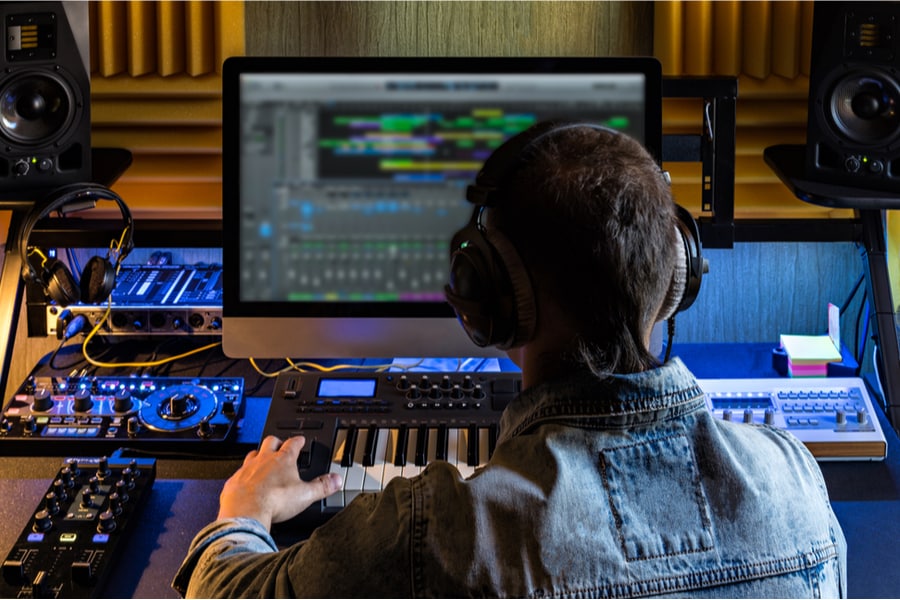
Could AI help us discover the next 'Despacito'?
Spotify is betting on artificial intelligence to help it identify tomorrow's new stars. Here's how it works
 Spotify is currently working on an algorithm that would predict which "relatively unknown" artists are most likely to break through.
Image: Evgeny Drablenkov / Shutterstock
Spotify is currently working on an algorithm that would predict which "relatively unknown" artists are most likely to break through.
Image: Evgeny Drablenkov / Shutterstock
Kickstart the careers of young artists and fast-track them to stardom. That was the role of the record companies, before the arrival of YouTube, TikTok and the music streaming giants. Now, the number one name in that sector, Spotify, is betting on artificial intelligence to help it identify tomorrow's new stars. Here's how it works.
Every day, more than 60,000 new songs appear on the Spotify platform. So it's not easy for music fans and music industry professionals alike to find the musicians who will follow in the footsteps of Taylor Swift or Drake among this influx of music. To help them, Spotify is currently working on an algorithm that would predict which "relatively unknown" artists are most likely to break through.
In early March the Swedish streaming giant filed a patent application in the United States, concerning a new technology called "System and Method for Breaking Artist Prediction in a Media Content Environment." How does this invention work? It identifies several "early adopters" among the millions of Spotify users. The technology uses their listening habits to determine which artists could have a breakout career like Billie Eilish or Lil Nas X, according to the patent, which was accessed by the trade journal Music Business Worldwide.
Any music lover can get the qualification of early adopter. All they need to do is listen to some of the tracks of an up-and-coming musician several times during a short period of time. According to Music Business Worldwide, the factors that determine a young talent's chances of success can vary by musical genre. For example, the algorithm will be much more demanding with artists who specialize in pop or rap music than with a classical composer.
Although Spotify has not yet indicated when this talent scout technology might be launched, it would put the streaming service more directly in competition with labels and record companies. Major streaming services like Apple, Spotify and others have already dipped their toes into this area, buoyed by a generation of artists like Frank Ocean, Chance the Rapper and PNL eager to maintain their independence. Back in 2018 Spotify started offering some musicians the opportunity to be distributed directly on its platform... before changing its mind.







